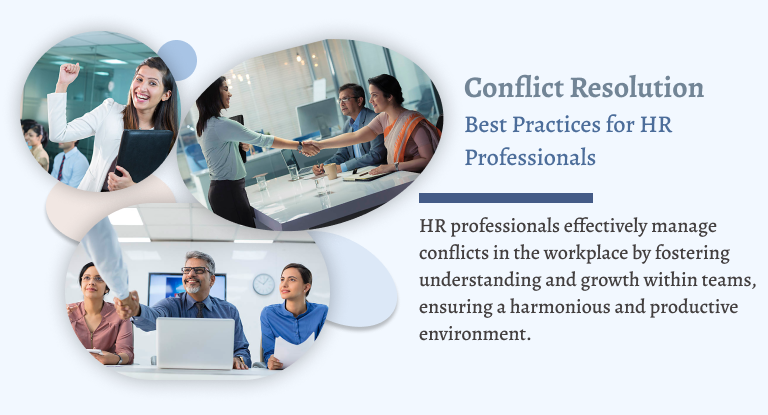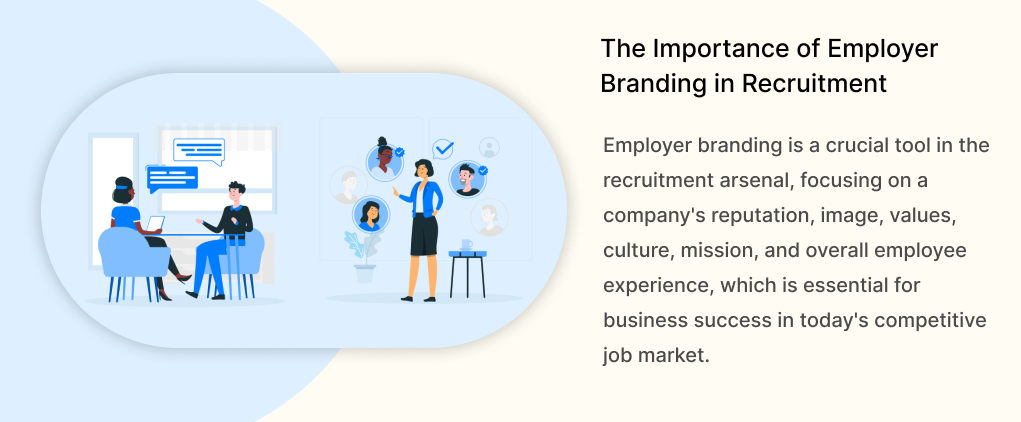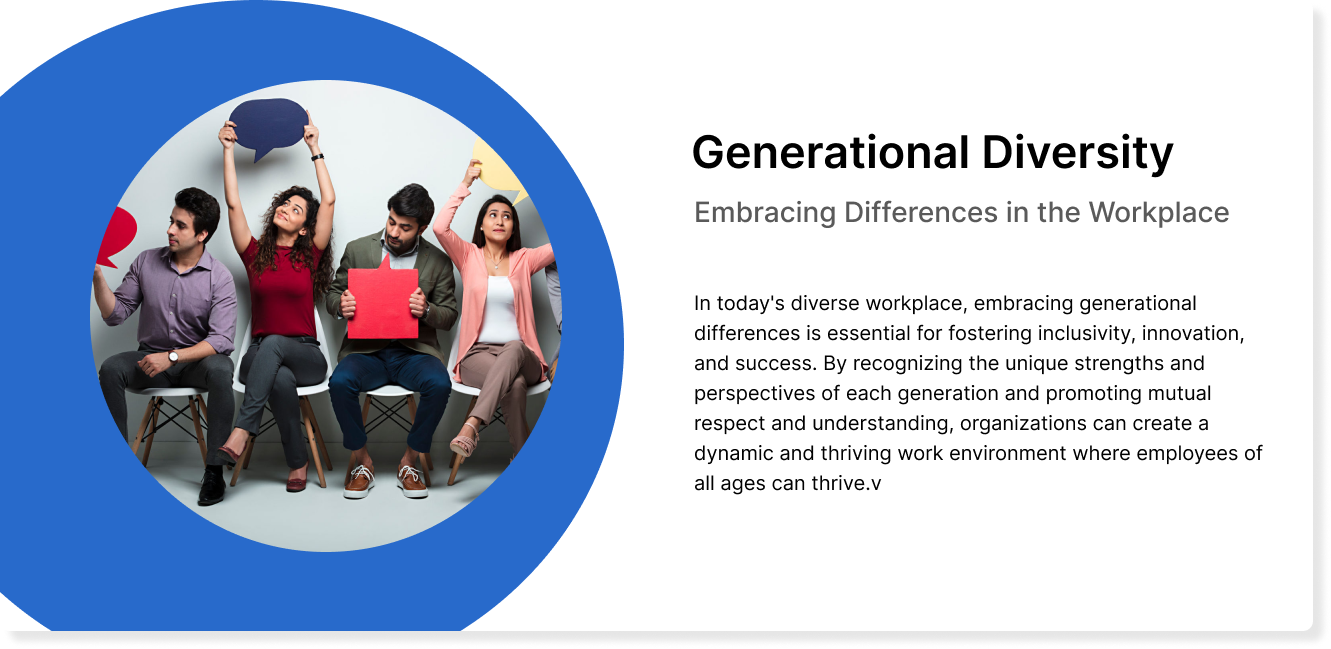
-
-
0
-
334
Best Practices for HR Professionals
Conflict Resolution: Best Practices for HR Professionals
In the intricate tapestry of the modern workplace, conflicts emerge as inevitable threads. For HR professionals, adeptly navigating and mitigating these challenges is an essential role in fostering a harmonious and productive environment. Beyond mere dispute resolution, the crux lies in cultivating understanding and growth within teams.At the heart of effective conflict resolution are principles anchored in active listening and empathetic understanding. Providing a secure space for all parties involved to openly express concerns is foundational to unraveling perspectives and addressing underlying issues. Objective assessment follows suit, requiring HR professionals to impartially analyze the situation, discern the root cause, and gauge its impact on individuals and the organization, paving the way for effective solutions.
Facilitating constructive communication becomes the bridge to resolution. Encouraging open dialogue with an emphasis on respect and professionalism transforms conflicts into opportunities for collaboration and growth. The utilization of mediation techniques tailored to each situation, including negotiation, compromise, and problem-solving, can lead to mutually beneficial outcomes, fostering reconciliation and understanding.
A forward-looking approach involves establishing clear policies and procedures that not only prevent conflicts but also guide their resolution. Investing in training programs on conflict management equips employees and managers with the skills needed for proactive conflict resolution, fostering a culture of continuous improvement.
Maintaining confidentiality and cultural sensitivity are paramount in diverse work environments. Respecting privacy while addressing conflicts and understanding cultural nuances are crucial elements in resolving issues effectively. Accurate documentation ensures transparency, serving as a reference for future conflict resolutions.
Post-resolution, meticulous follow-up evaluates outcomes and gathers feedback, refining conflict resolution strategies continuously. In conclusion, conflict resolution demands a delicate balance of empathy, communication, and problem-solving. HR professionals, as catalysts of this transformation, play a pivotal role in fostering a culture where conflicts become opportunities for growth and collaboration, ultimately paving the way for a harmonious and productive workforce.


